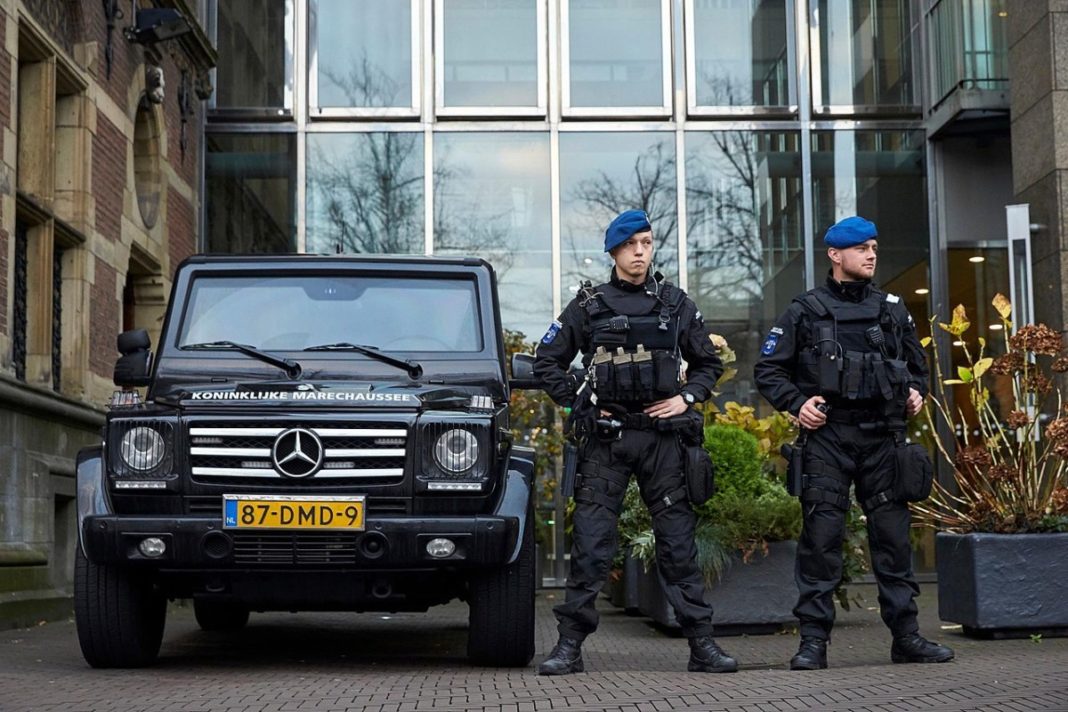Great news! The Dutch security threat level has been lowered for the first time in years (and we’re all breathing a sigh of relief). Despite recent lower-level attacks in London and the Netherlands, the overall number of attacks in Europe has dropped.
The ruling comes from the National Coordinator for Counterterrorism and Security (NCTV) who recently conducted the latest Terrorist Threat Assessment. As a result, the threat level is now a three out of five. That means a terrorist attack is ‘conceivable,’ but not considered to be ‘real’. We’d prefer it to be zero out of five, but we’ll take what we can get.
The threat level has only reached the top level once, in the first few hours after the tram attack in Utrecht in March this year. Neighbouring countries have also dropped their threat levels, with the United Kingdom going from a five to a three, Belgium from a four to a two, and France from a three to a two.
Is the threat gone?
Completely? No. The NCTV still views jihadists as the biggest problem but says that government measures are working. For example, two Zoetermeer men were arrested in November after reportedly planning an attack. It still remains unclear who, or what, their target was.
Thankfully, there are not currently any indications for an attack from IS or al-Qaeda from abroad. However, NCTV says IS-goers who return to the Netherlands still pose a threat because they remain under the influence of the terrorist organisation’s ideology and may have experience with explosives and extreme violence.
What about the right-wing extremists?
The right-wing still poses a small level of threat, according to the NCTV, who say an attack is not unthinkable. However, they say right-wing extremist groups are rarely organised, which means an attack is more likely to come from an individual.
Het dreigingsniveau is vastgesteld op niveau 3 van 5. De dreiging is nog steeds aanzienlijk, een aanslag is voorstelbaar. De voorstelbare dreiging komt vooral van eenlingen, zowel van jihadisten als van rechts-extremisten #DreigingsbeeldTerrorismeNederland https://t.co/qK74IjOFvz
— NCTV (@NCTV_NL) December 9, 2019
The NCTV has also looked at societal developments that could result in the polarization of an individual or group. In particular, they noted the recent Zwarte Piet issues, such as when a meeting of an anti-Zwarte Piet group was violently halted last month.
“The violence is a clear illustration of the hatred of opponents of the ‘traditional’ Sinterklaas party in a group of mainly white Dutch people,” said the NCTV. The Zwarte Piet discussion is expected to continue to cause issues for oncoming years.
How relieved are you to hear this news? Leave your thoughts on the recent changes in the comments below!
Feature Image: Phil Nijhuis/Mediacentrum Defensie (MCD)/Wikimedia Commons



